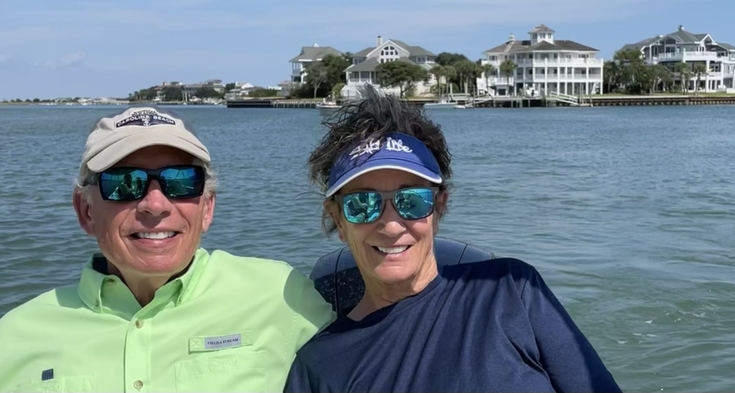
Ovarian cancer symptoms: Here’s what women should watch for
Ovarian cancer has been called the silent killer because women usually have no idea they have it. Novant Health gynecologic oncologist Dr. Kellie Schneider characterizes it more as being “very quiet.” “The problem is the symptoms that are associated ...
Read More









